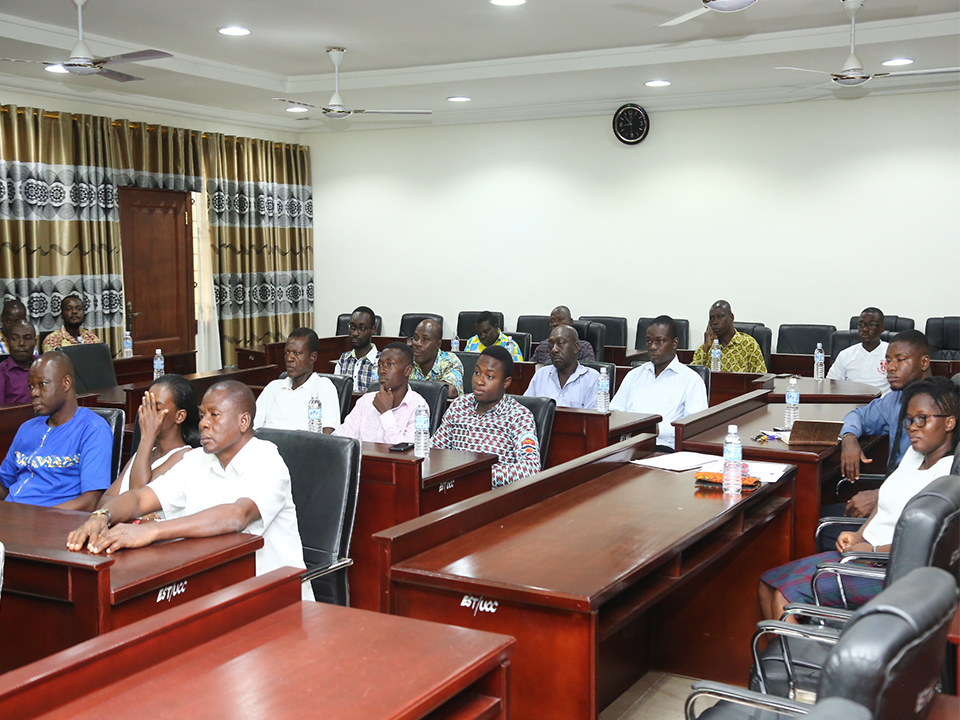The University of Cape Coast invites applications from suitably qualified and competent professionals to fill the position of Head of the University Security Section which will become vacant on 1st August, 2019. He/she will be directly responsible to the Registrar through the Director, Directorate of Legal, Consular, and General Service (DLCGS) but ultimately to the Vice Chancellor.
Qualification/Experience
Candidates seeking appointment to this position must:
- possess a 2-year Master’s degree in Peace and Security or relevant equivalent qualification
- be of the rank of Lieutenant in the army or Chief Superintendent in the police service or above
- have a minimum of five years relevant experience as a Senior Officer in the security service
- be able to demonstrate adequate working knowledge of the University system
Duties/Responsibilities
- Develop procedures to ensure physical safety of employees, students and visitors
- Manage the development and implementation of security policy, standards, guidelines and procedures
- Ensure security is maintained and updated
- Create workplace violence awareness and prevention programmes
- Maintain relationships with state law enforcement and other related government agencies
- Develop emergency procedures and incident responses
- Investigate security breaches
- Conduct audits to find holes in security platform
- Develop risk management assessments
- Provide university-wide leadership and direction in all areas of security, loss control, security best practices and security programmes including strategic planning and campus wide collaboration
- Collaborate with university administration and departments and external groups to effectively resolve security related issues
- Monitor security conditions and conduct ongoing analysis of data received from both external and internal sources, and advise administration on appropriate risk mitigation strategies
- Develop and implement a security training strategy for the university community and ensures appropriate steps are taken to ensure university-wide security compliance
- Provide frequent communications to the university community concerning security
- Oversee and provide direction for major security related projects and physical security technologies and systems
- Provide college wide guidance regarding “best practice” business security standards, solutions and guidance to maintain a secure environment for the protection of personnel, properly and information
Mode of Application
Application forms are obtainable from the Senior Members Section, Directorate of Human Resource, University Cape Coast. The form could be downloaded from here Senior Members Application Form - Non Teaching.
Closing Date
All completed application forms together with relevant supporting documents and Curriculum Vitae should be submitted to the Registrar, University of Cape Coast not later than Friday, 12th July, 2019.








